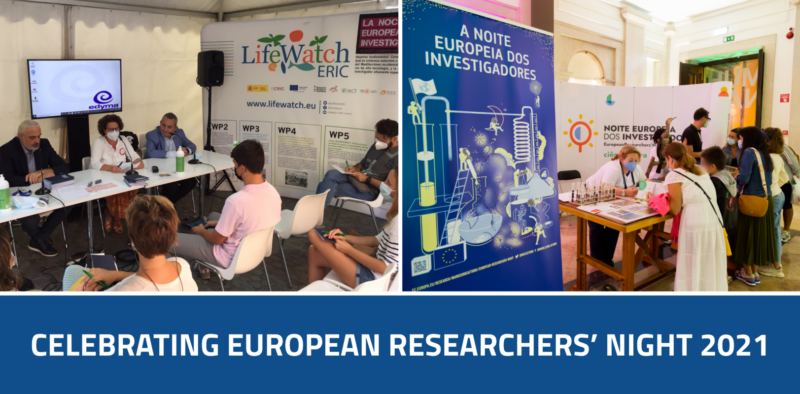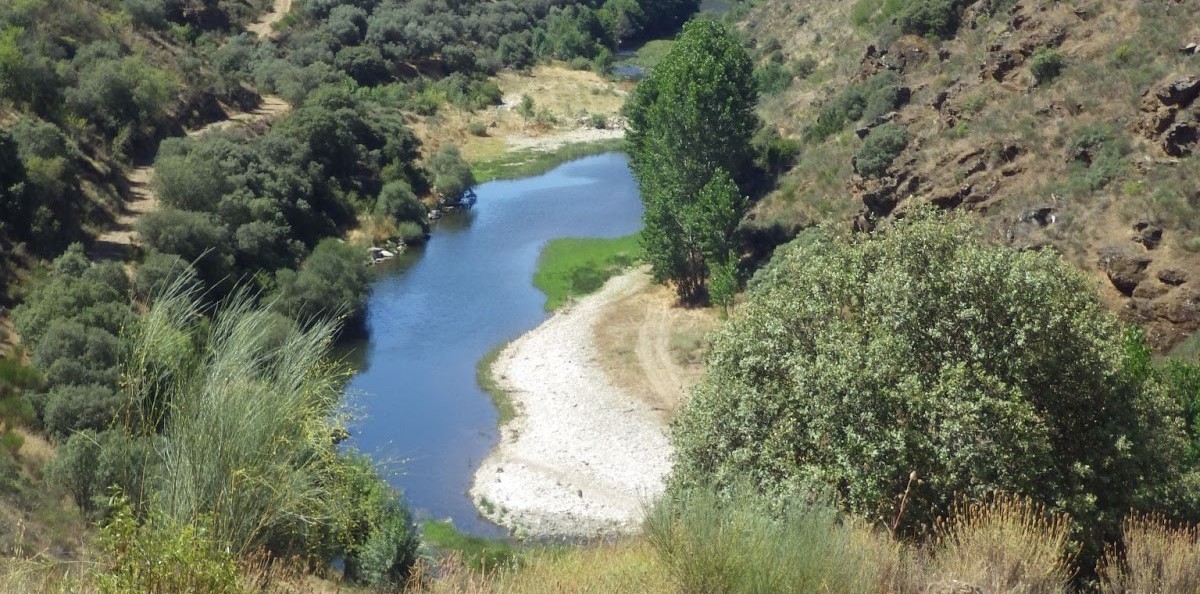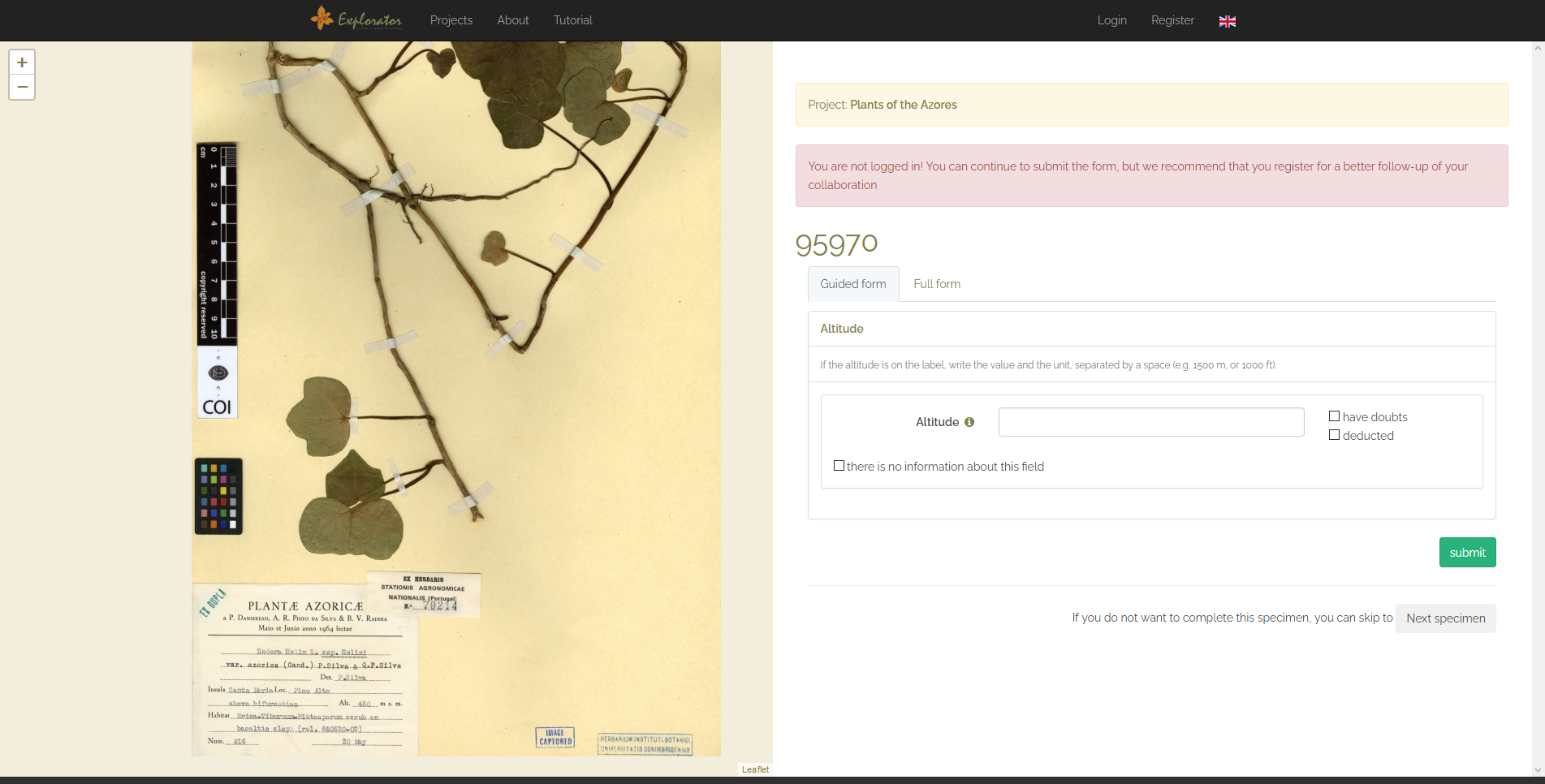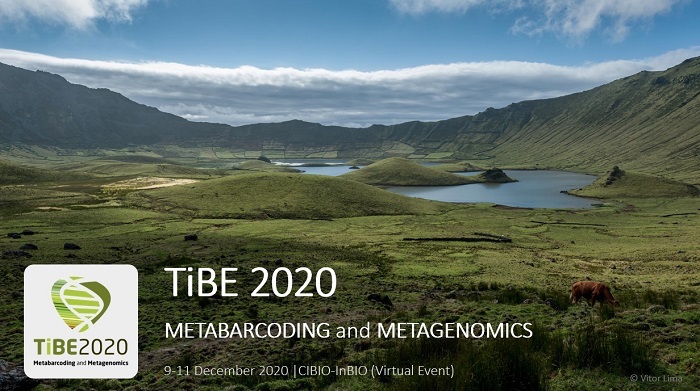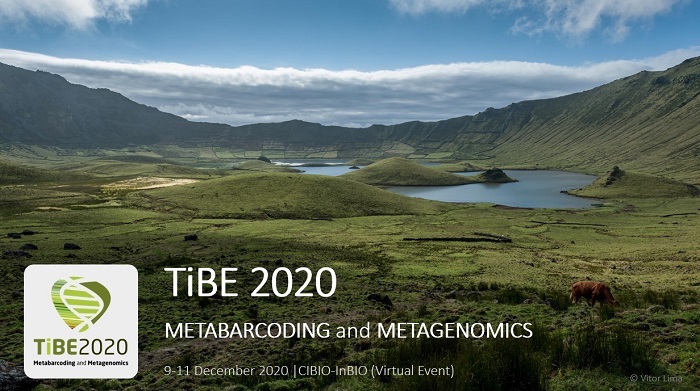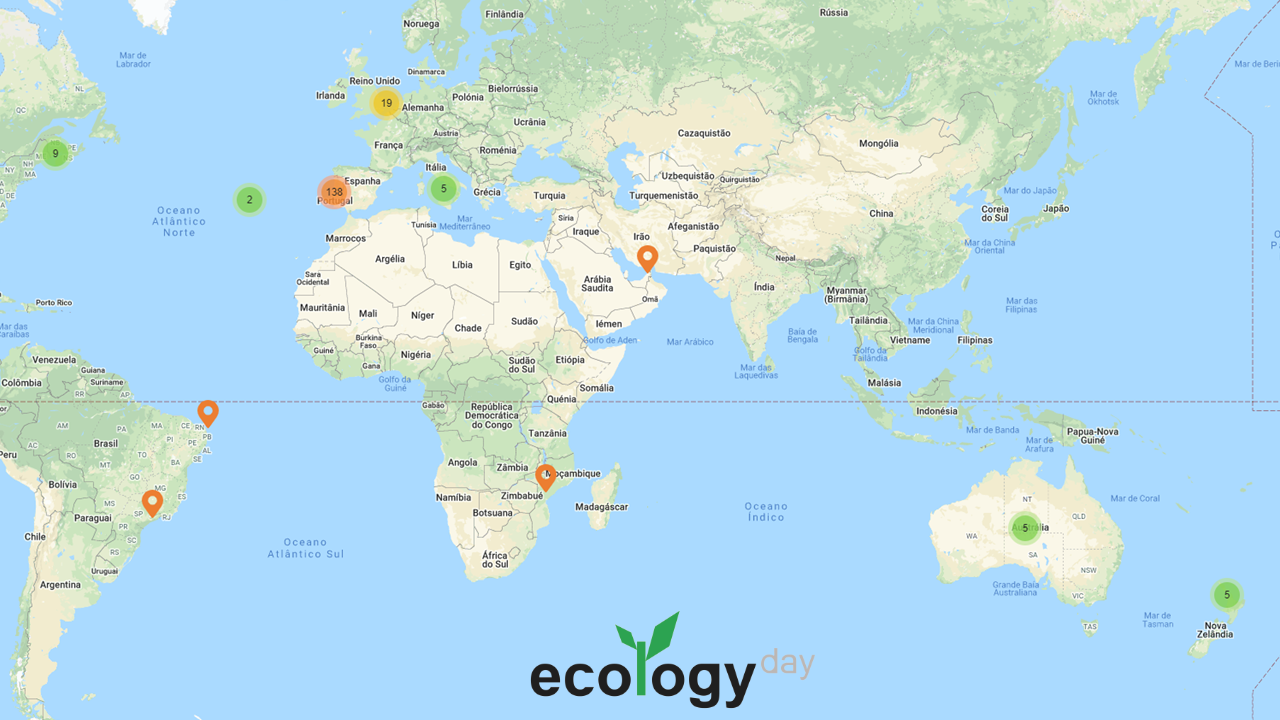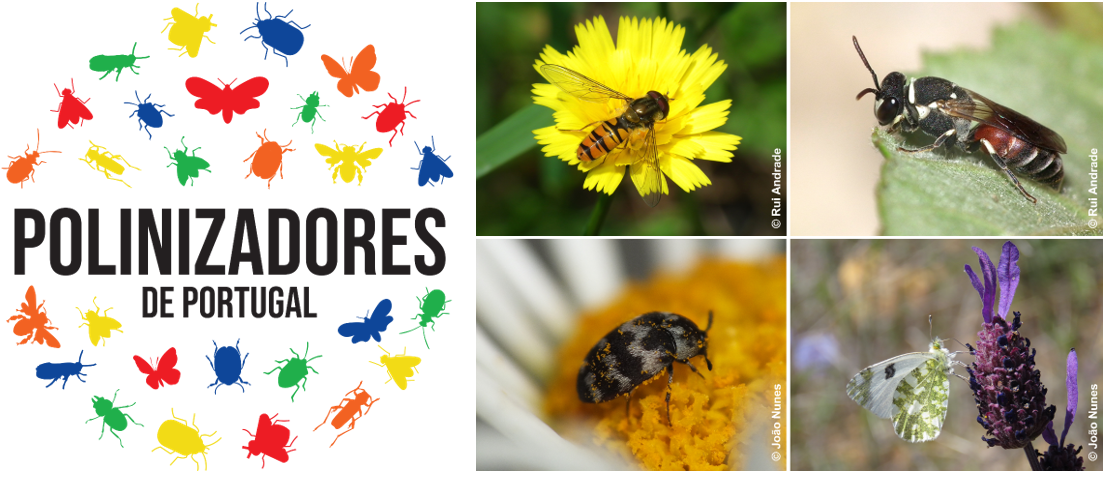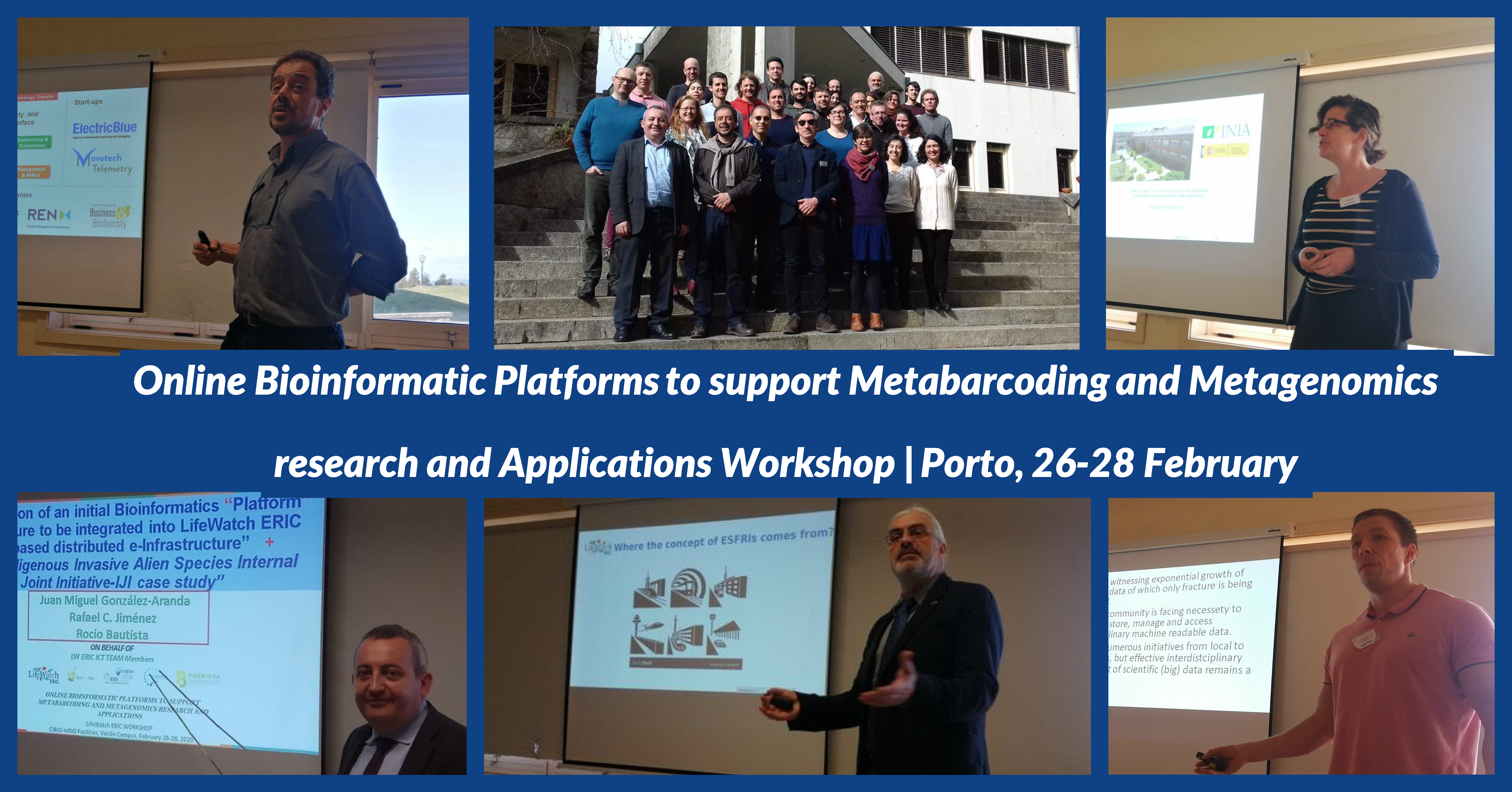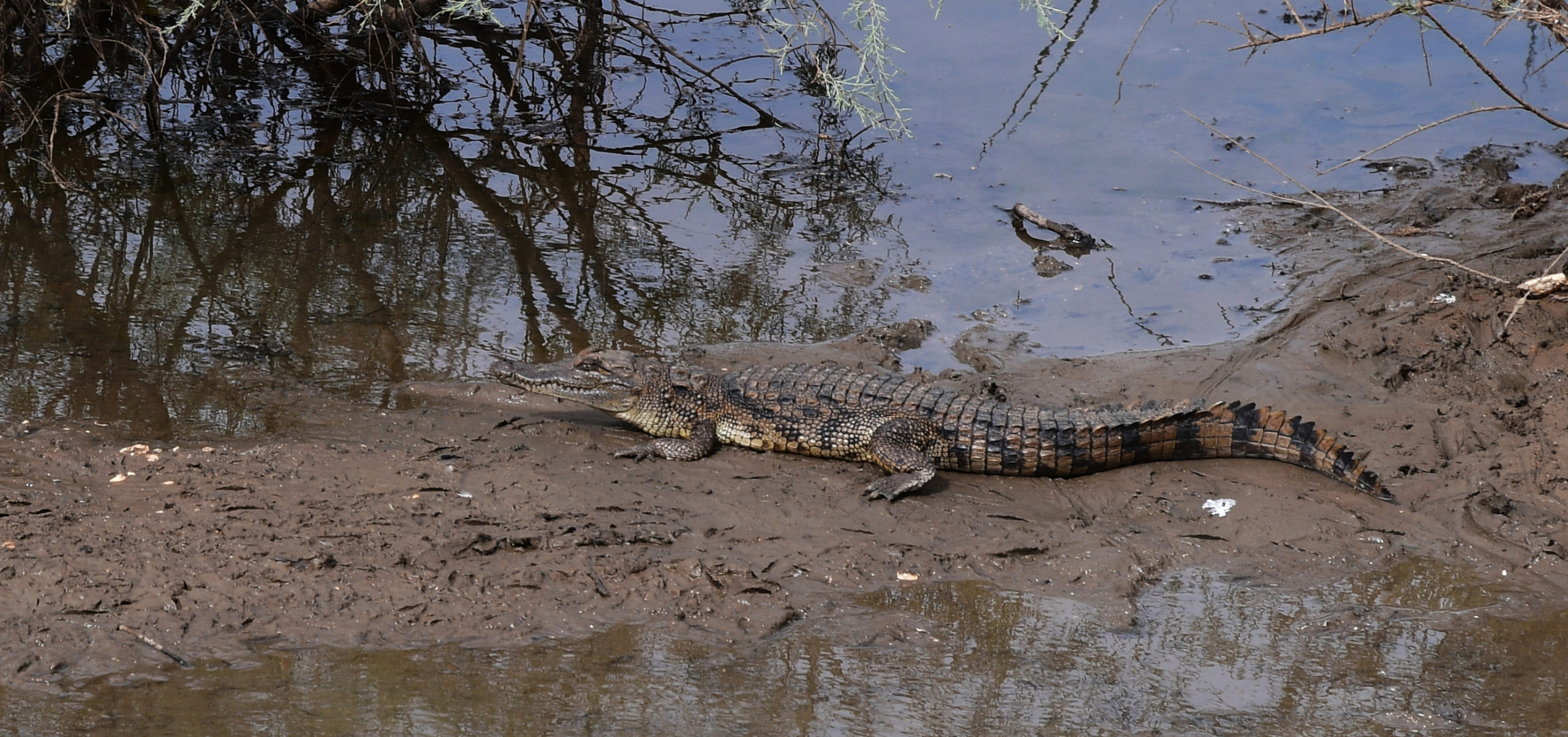Friday 24 September marked the 2021 edition of European Researchers’ Night (ERN), the Europe-wide event which takes place every year on the last Friday of September. The aim of the initiative is to bring research and researchers closer to the public, displaying the diversity of science and its impact on citizens’ daily lives.
The LifeWatch ERIC Common Facility in Spain celebrated the occasion by taking part in ERN Seville (Spain), setting up its own designated area in the Plaza de San Francisco. Here it presented the SUMHAL Project (Sustainability for Mediterranean Hotspots in Andalusia integrating LifeWatch ERIC), which is supported by the European Regional Development Fund. The core objective of this project is biodiversity conservation in sustainable natural/semi-natural systems of the Western Mediterranean, using high-tech infrastructures. Speakers included Christos Arvanitidis, LifeWatch ERIC CEO, Margarita Paneque, National Research Council of Spain and Delegate for Andalusia and Extremadura, and Juan Miguel González-Aranda, LifeWatch ERIC CTO and ICT-Core Director, in the left-hand photo above.
In Portugal, on the other hand, ERN2021 saw activities taking place in 20 cities, with the active involvement of PORBIOTA, which coordinates LifeWatch Portugal. The Researchers for European Green Growth and Education Consortium, coordinated by the Ciência Viva Agency, together with the Institute for Research & Innovation in Health and the Institute of Chemical and Biological Technology ‘António Xavier’, mobilised 18 science centres, which promoted 78 build-up activities and over 100 activities. Altogether, around 7000 participants of all ages were engaged in the programme.
In turn, Science for Climate, coordinated by the Portuguese National Museum of Natural History and Science of the University of Lisbon, brought together the Universities of Minho, Coimbra and Évora, the University Institute of Lisbon, the Faculty of Sciences and Technology of the Universidade Nova de Lisboa, the Estoril Higher Institute for Tourism and Hotel Studies, and the International Iberian Nanotechnology Laboratory. The partners, several of which belong to PORBIOTA, promoted 7 build-up activities, including a bioblitz, and an open day for school groups, which set up 13 activities in various scientific fields. In addition, an online programme with 90 different activities was promoted, and on the 24 September, an onsite programme with 156 activities took place in Évora, Lisbon, Coimbra and Braga, mobilising a total of 4581 participants. The right-hand photo shows the open night at the Portuguese National Museum of Natural History and Science of the University of Lisbon.
